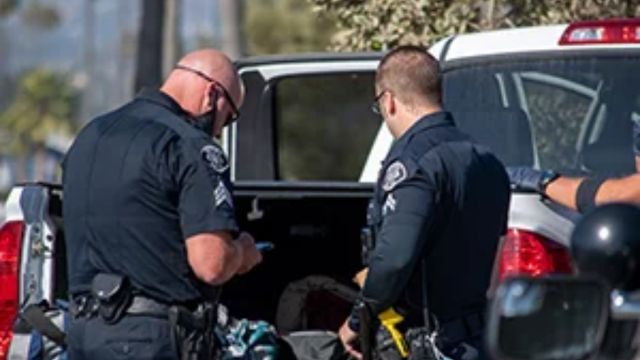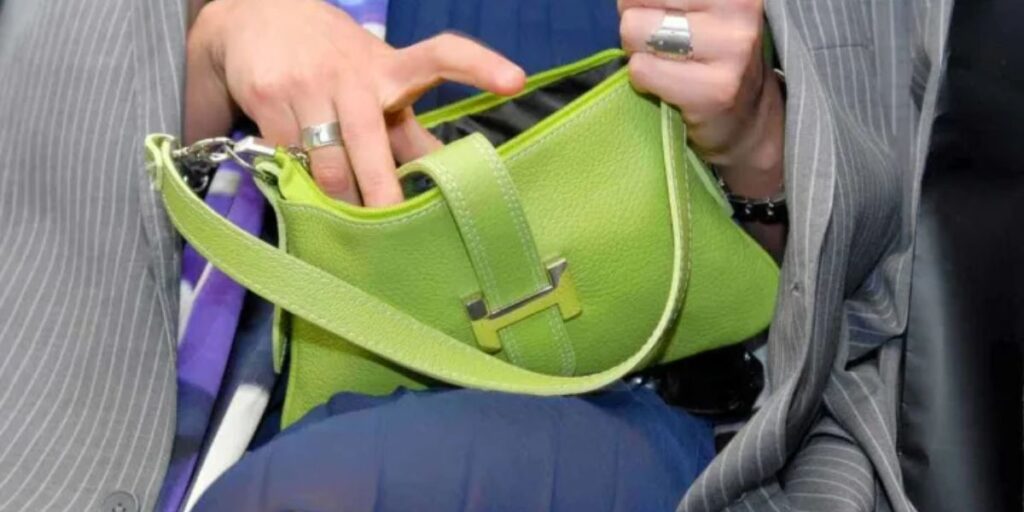In North Carolina, as in the rest of the United States, your right to privacy is protected by the Fourth Amendment of the U.S. Constitution, which guards against unreasonable searches and seizures.
However, there are exceptions to this rule, particularly when it comes to law enforcement conducting searches without a warrant.
Many people are unsure of what circumstances allow the police to search their belongings, including bags, without first obtaining a warrant. So, can police in North Carolina search your bag without a warrant? Let’s take a closer look at the law and your rights.
Understanding Warrantless Searches
A warrantless search refers to when law enforcement officers conduct a search without first obtaining a warrant from a judge. The Fourth Amendment generally requires police to have a warrant to search your personal property. However, there are several exceptions that allow police to search without a warrant.
In North Carolina, like in other states, certain circumstances may give police the legal right to search your bag without needing a warrant. Here’s what you need to know:
When Can Police Legally Search Your Bag in North Carolina?
- Consent to Search
The most common way police can search your bag without a warrant is if you voluntarily give them permission to do so. This is called “consent,” and it can be given explicitly (by saying “yes” when asked) or through actions that suggest consent (such as handing over your bag). Keep in mind that you have the right to refuse consent to the search, and if you do so, the police must have a valid reason (such as probable cause) to conduct the search. - Probable Cause
If law enforcement has probable cause to believe that you are involved in illegal activity or that your bag contains evidence of a crime, they may be able to conduct a warrantless search. Probable cause means there are reasonable grounds for suspecting that a crime has been committed or that evidence of a crime is present. For example, if police observe suspicious behavior, smell drugs, or have information that suggests criminal activity, they may be able to search your bag. - Search Incident to Arrest
If you are arrested, law enforcement has the right to search your bag and other belongings as part of the arrest process. This is called a “search incident to arrest.” It is done to ensure the officer’s safety, prevent destruction of evidence, or find additional evidence related to the crime. The scope of the search is generally limited to areas within your immediate control at the time of your arrest. - Plain View Doctrine
Police may also search your bag if they see something in plain view that gives them probable cause to believe it is illegal or connected to a crime. For example, if they see drugs or a weapon in your bag without needing to open it, they may have the authority to search it further. The key here is that the officer must have seen the illegal item or evidence without having to search or move anything. - Exigent Circumstances
In some situations, such as emergencies where public safety is at risk, police may conduct a warrantless search. This is called an “exigent circumstance.” For example, if police suspect that your bag contains a weapon and there is an immediate threat to their safety or others around them, they may be able to search your bag on the spot. - Terry Stop and Frisk
If a police officer has reasonable suspicion that you are involved in criminal activity or may be carrying a weapon, they may conduct a limited search of your outer clothing, including your bag. This is known as a “stop and frisk” under the Terry v. Ohio decision. While this search is generally more limited than a full search, it still allows police to check your bag if they have reasonable suspicion.
What to Do if You Are Asked for a Bag Search

If you are stopped by the police and asked to search your bag, you have the right to refuse unless the officer has a legal justification to conduct the search, such as probable cause, consent, or an arrest. Here are some important things to keep in mind:
- Know Your Rights: You have the right to refuse consent to a search if the officer doesn’t have a valid legal reason to search your bag.
- Ask if You Are Free to Leave: If the officer is not detaining you or arresting you, you can ask if you are free to go. If the answer is yes, you can walk away.
- Be Calm and Polite: Even if you are unsure of your rights in the moment, it’s important to remain calm and polite during the interaction. It is also helpful to remain respectful if you choose to refuse consent.
- Ask for Clarification: If you’re unsure about why the officer wants to search your bag, you can ask them to explain why they believe it’s necessary, especially if you don’t believe they have a legal reason to search.
How to Protect Your Rights
GBBC –
New Jersey Police and Warrantless Bag Searches: Understanding Your New Rights
Warrantless Bag Searches in Arkansas: How Police Can Legally Inspect Your Belongings
- Refuse Consent If You Do Not Want a Search
While you can legally refuse consent, remember that this doesn’t necessarily stop the police from searching you if they have other legal grounds. However, by refusing consent, you are asserting your right to privacy, which can be helpful if the search is challenged later. - Record the Interaction
If possible, recording your interaction with the police can be helpful in documenting your side of the story, especially if you believe your rights are being violated. Be aware of the laws in North Carolina regarding recording police interactions, and always remain respectful during the process. - Seek Legal Advice
If you feel that your rights have been violated or that the search was illegal, it’s important to consult with an attorney who can help you understand your legal options and how to proceed.
In North Carolina, the law allows police to conduct warrantless bag searches under certain circumstances, such as with consent, probable cause, or if you’re being arrested. Understanding when and why the police can search your belongings without a warrant is crucial in protecting your rights. If you’re ever in a situation where law enforcement asks to search your bag, remember that you have the right to refuse consent, ask for clarification, and seek legal advice if necessary.
By staying informed and asserting your rights, you can better navigate encounters with law enforcement and ensure that any search is carried out legally and appropriately.





More Stories
Without! Can Police Search Your Bag in North Carolina Without a Warrant? Here’s What You Need to Know
Without! Can Police Search Your Bag in North Carolina Without a Warrant? Here’s What You Need to Know
Without! Can Police Search Your Bag in North Carolina Without a Warrant? Here’s What You Need to Know